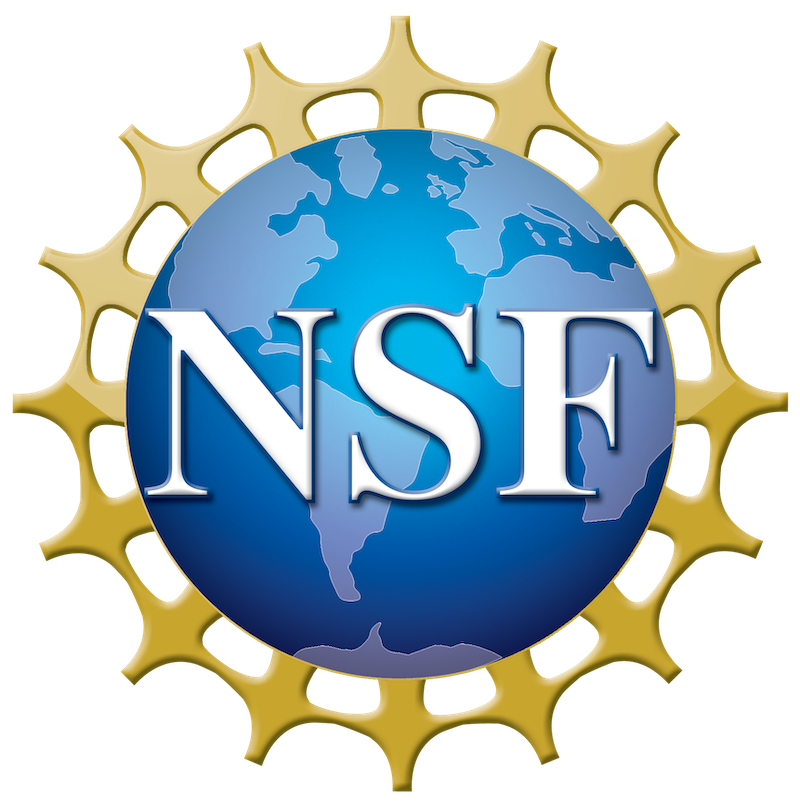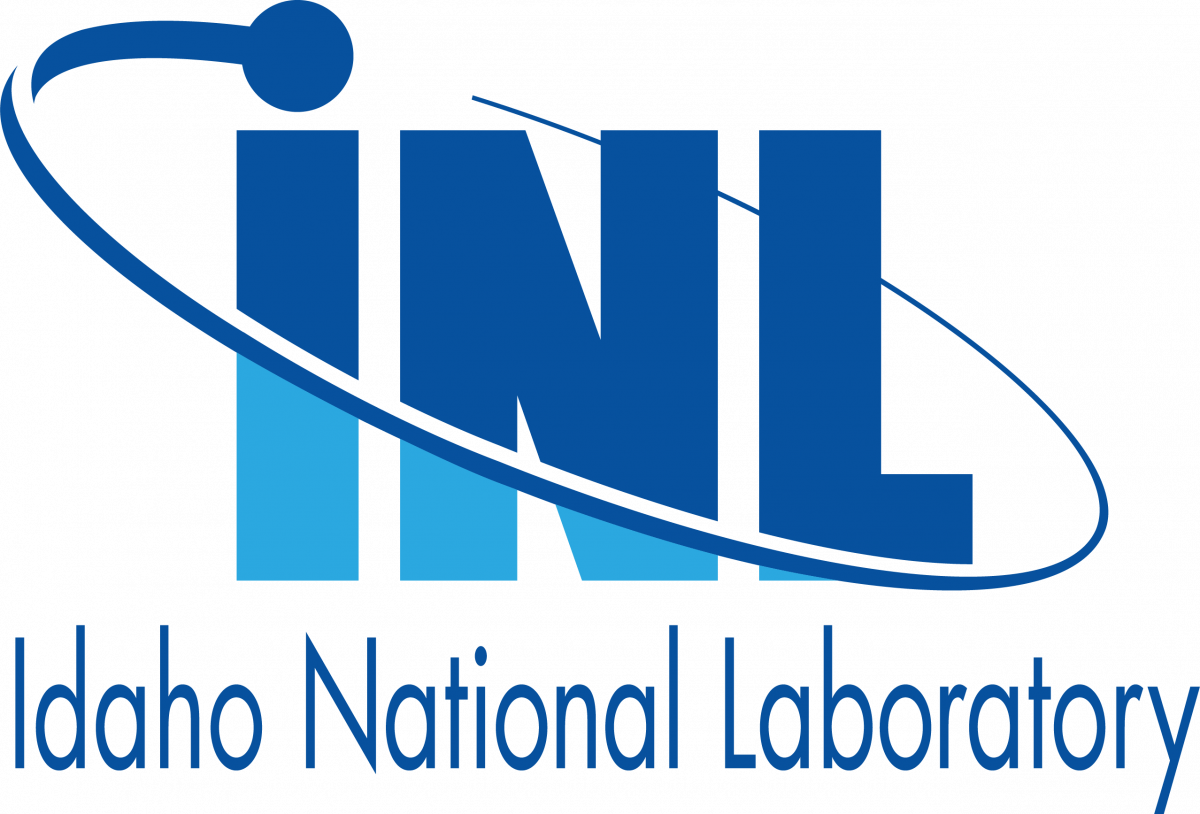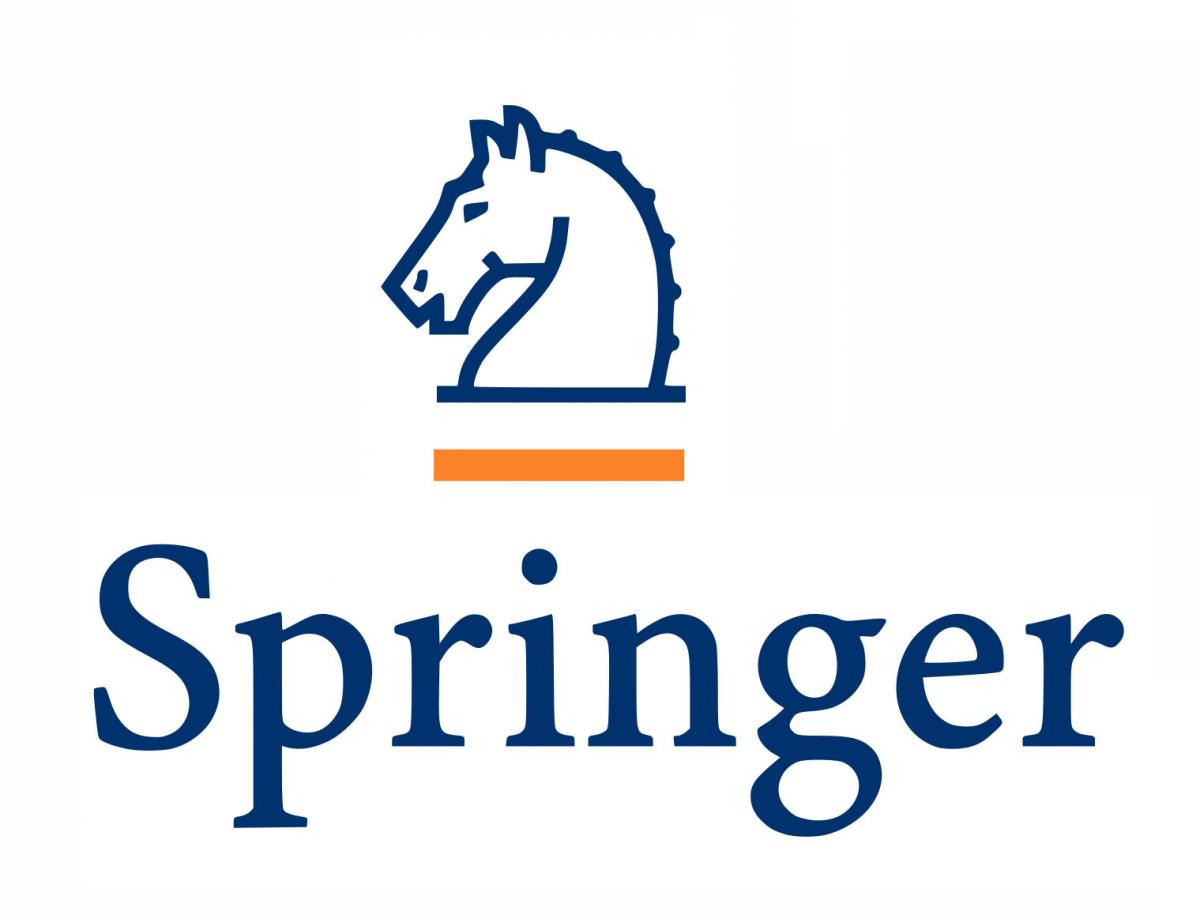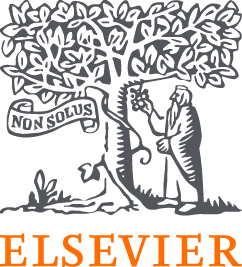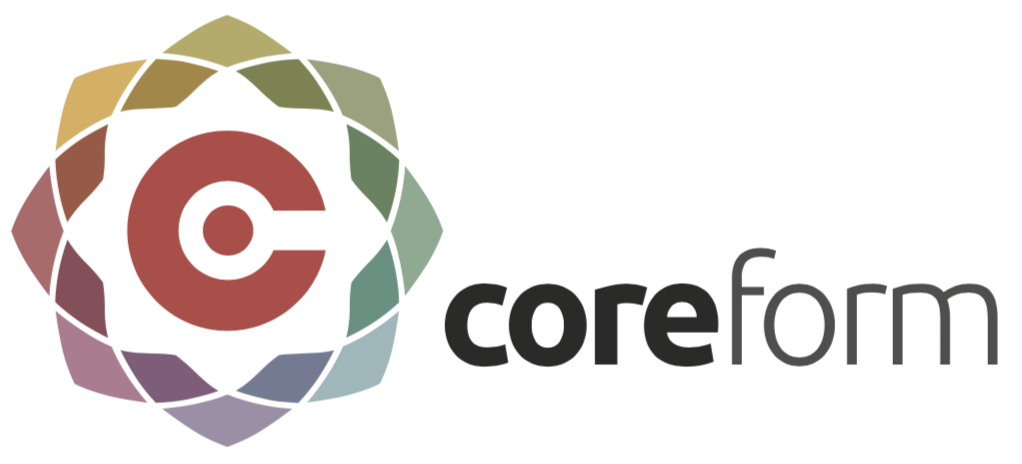USNCCM17 minisymposium proposal submission is now closed.
Congress Emphasis Areas:
100: Honorary Minisymposia
200: Computational Biological Systems
The Computational Biological Systems Emphasis Area includes minisymposia that focus on theory, methods and applications relevant to, but are not restricted to, the biomechanics of cells and tissues; topics in medicine and surgery such as cardio-vascular models, neurological applications and obstetrics; as well as cross-cutting themes such as growth and remodeling, patterning and morphogenesis.
300: Computational Fluid, Solid and Structural Mechanics
The Computational Fluid, Solid and Structural Mechanics Emphasis Area includes a number of minisymposia that address aspects of numerical modeling pertaining to this topic. It encompasses, although not exclusively, minisymposia on phenomena of turbulence, creeping flows, nanofluidics, nonlinear response and failure of solids, contact mechanics, fluid-structure interaction, large structural systems and other coupled problems.
400: Data-Driven Modeling and Uncertainty Quantification
The Data-driven Modeling and Uncertainty Quantification Emphasis Area includes minisymposia focused on development of algorithms focused on uncertainty quantification, and data-driven modeling, e.g., artificial intelligence and machine learning (AI/ML) algorithms, to exploit data for solutions to vexing computational mechanics problems. These include, but are not limited by, novel methods of leveraging models and data of varying fidelity, supplementing sparse data sets, reducing solution cost for foward problems to address uncertainty, methods for physics-constrained AI/ML, and interpretable AI/ML methods are of interest. Also, minisymposia targeting applications of AI/ML that do not obviously fit other Emphasis Area are encouraged.
500: Specialized Methods in Computational Mechanics
The Novel Methods Emphasis Area includes a broad range of minisymposia focused on novel methods in computational engineering and sciences such as, but not limited to, isogeometric analysis, meshfree, particle methods, spectral elements, DG methods, generalized/extended finite element methods, etc.
600: Advanced Manufacturing, Materials, and Multiscale Methods
The Advanced Manufacturing, Materials, and Multiscale Methods Emphasis Area includes minisymposia that focus on computational methods to facilitate manufacturing, design of components that leverage advanced manufacturing capabilities, optimization of design and manufacturing processes, computational efforts to leverage additive manufacturing, and methods to explore and bridge length scales, from nano to engineering length scales.
700: Special Topics
The Special Topics Emphasis Area solicits minisymposia targeting the following list: High performance computing and exascale; Computational mechanics software; Climate modeling and simulation; Simulation and algorithms for advanced energy topics such as fusion, hydrogen, and renewables; and Computational geoscience and geomechanics. Additional computational mechanics topics that do not readily conform to other Emphasis Areas are welcomed for consideration.


